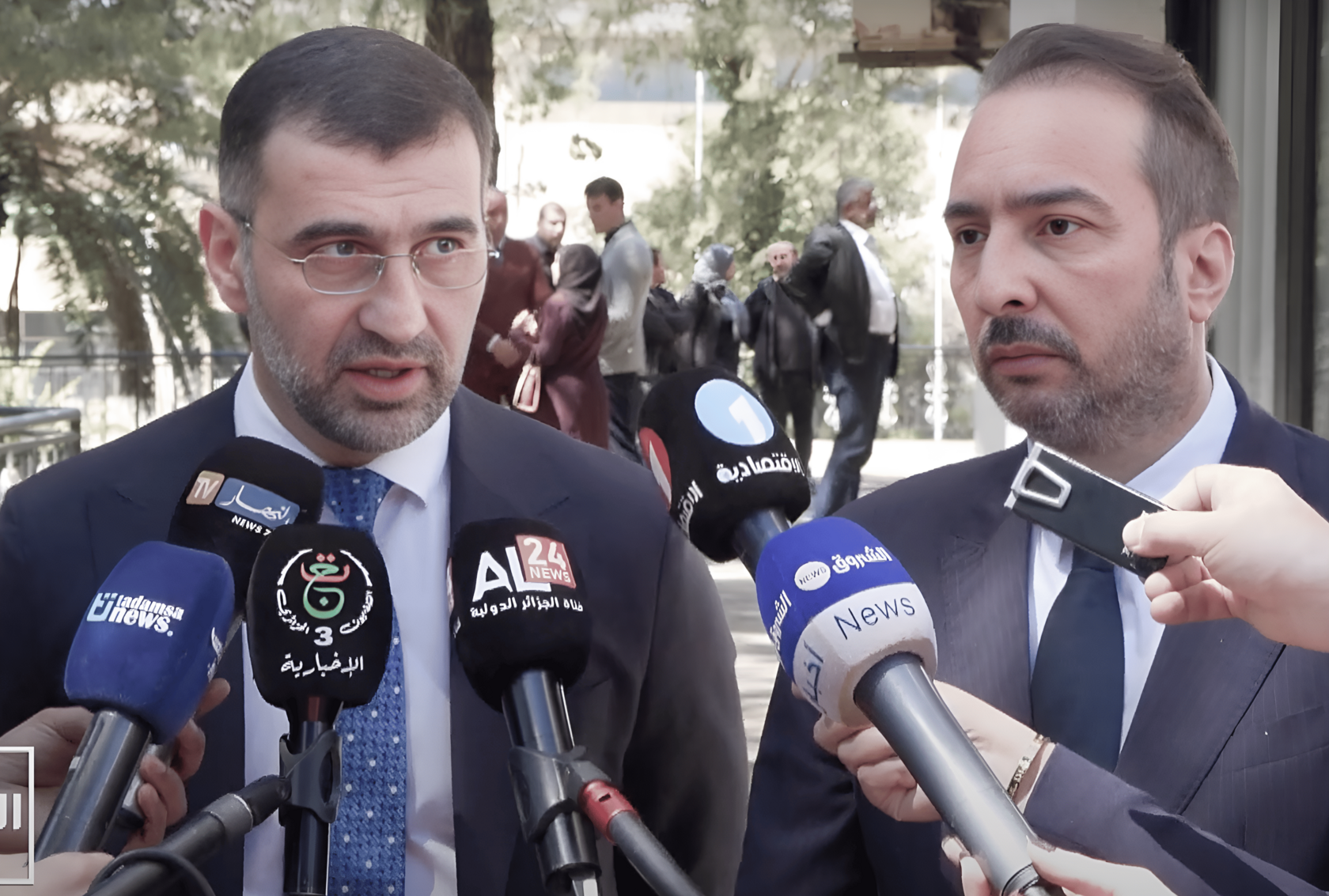MOSCOW, April 23. /TASS/. Algerian infrastructure could serve as a gateway for Russia’s entry into African markets — mechanisms have already been outlined to help Russian companies enter these markets more quickly and safely. This was reported to TASS by Ahmed Azimov, Chairman of the Russian-Algerian Business Council.
The agency’s interlocutor clarified that at the center of discussions during the Chamber of Commerce and Industry of the Russian Federation’s (CCI RF) business mission to Algeria were topics related to industrial cooperation, joint investments, and the establishment of production facilities in Algeria.
“One separate focus was the use of Algerian infrastructure as a hub for access to African markets. We also raised issues of settlements, certification, and support mechanisms — with a clear request for institutional support. And it is there. The Algerian side is showing a high level of engagement,” Azimov said.
According to him, mechanisms have already been outlined that will help Russian companies enter the market faster, easier, and more securely.
“This is no longer about intentions — this is an active agenda,” he pointed out.
“As for trade: the current trade turnover amounts to about $2 billion. It is a significant figure, but it does not reflect the real potential. According to expert estimates, it could reach $10 billion. To move towards that figure, we need clear tools and effective channels of interaction — and we are now approaching that,” Azimov added.
The CCI RF business mission to Algeria will continue until April 25. Among its participants are more than 20 Russian companies operating in the fields of IT, industry, pharmaceuticals, construction, and energy, coming from Moscow and various regions of Russia, including Lipetsk and Ryazan regions, the Chechen Republic, Tatarstan, and Krasnoyarsk Territory.
The Russian-Algerian Business Forum, organized by the Russian-Algerian Business Council jointly with the Chambers of Commerce and Industry of Russia and Algeria, will continue until April 24. Its program includes a plenary session, meetings of business council delegations, B2B negotiations, and the signing of agreements between companies and development institutions.
The agency’s interlocutor clarified that at the center of discussions during the Chamber of Commerce and Industry of the Russian Federation’s (CCI RF) business mission to Algeria were topics related to industrial cooperation, joint investments, and the establishment of production facilities in Algeria.
“One separate focus was the use of Algerian infrastructure as a hub for access to African markets. We also raised issues of settlements, certification, and support mechanisms — with a clear request for institutional support. And it is there. The Algerian side is showing a high level of engagement,” Azimov said.
According to him, mechanisms have already been outlined that will help Russian companies enter the market faster, easier, and more securely.
“This is no longer about intentions — this is an active agenda,” he pointed out.
“As for trade: the current trade turnover amounts to about $2 billion. It is a significant figure, but it does not reflect the real potential. According to expert estimates, it could reach $10 billion. To move towards that figure, we need clear tools and effective channels of interaction — and we are now approaching that,” Azimov added.
The CCI RF business mission to Algeria will continue until April 25. Among its participants are more than 20 Russian companies operating in the fields of IT, industry, pharmaceuticals, construction, and energy, coming from Moscow and various regions of Russia, including Lipetsk and Ryazan regions, the Chechen Republic, Tatarstan, and Krasnoyarsk Territory.
The Russian-Algerian Business Forum, organized by the Russian-Algerian Business Council jointly with the Chambers of Commerce and Industry of Russia and Algeria, will continue until April 24. Its program includes a plenary session, meetings of business council delegations, B2B negotiations, and the signing of agreements between companies and development institutions.

